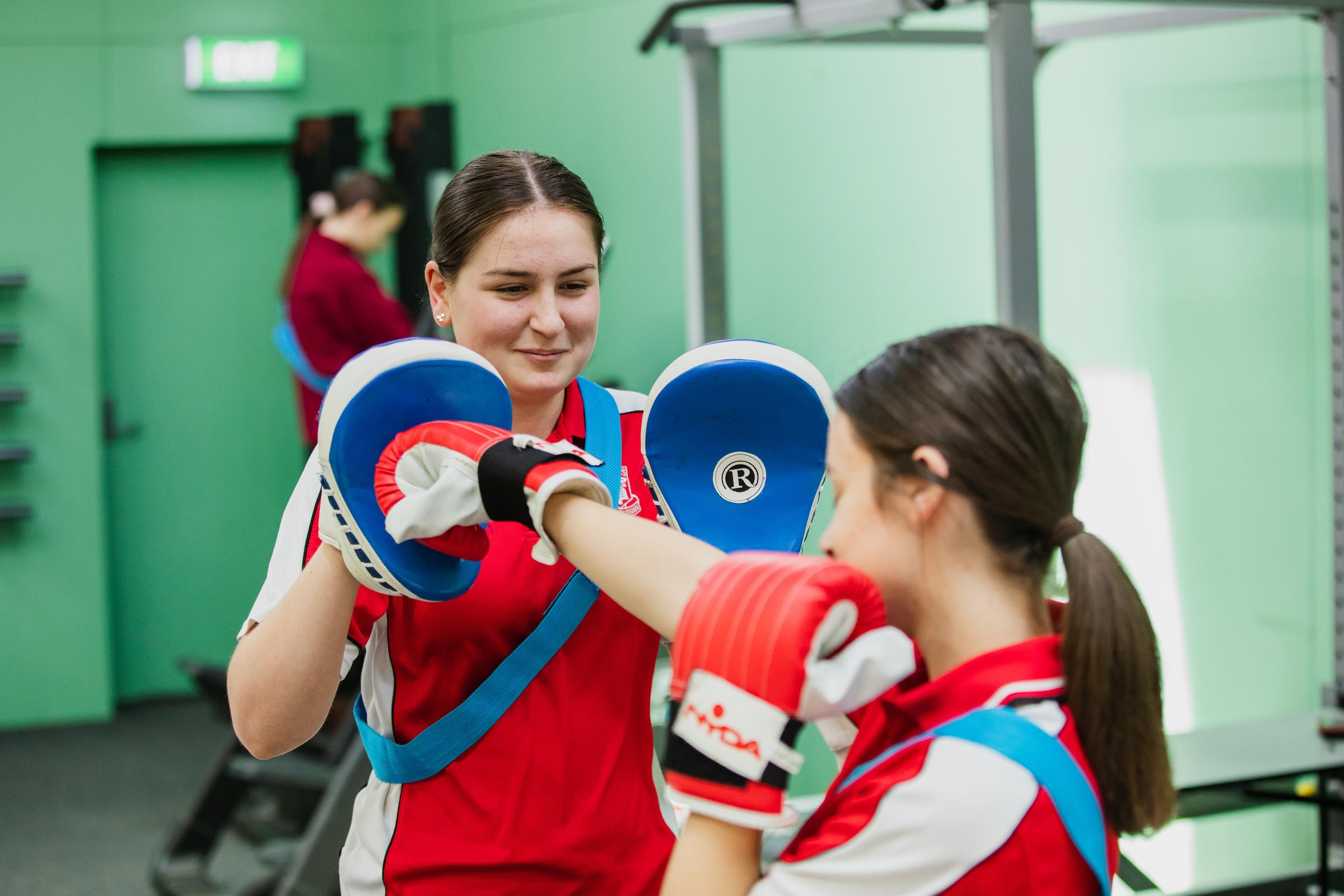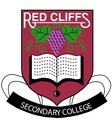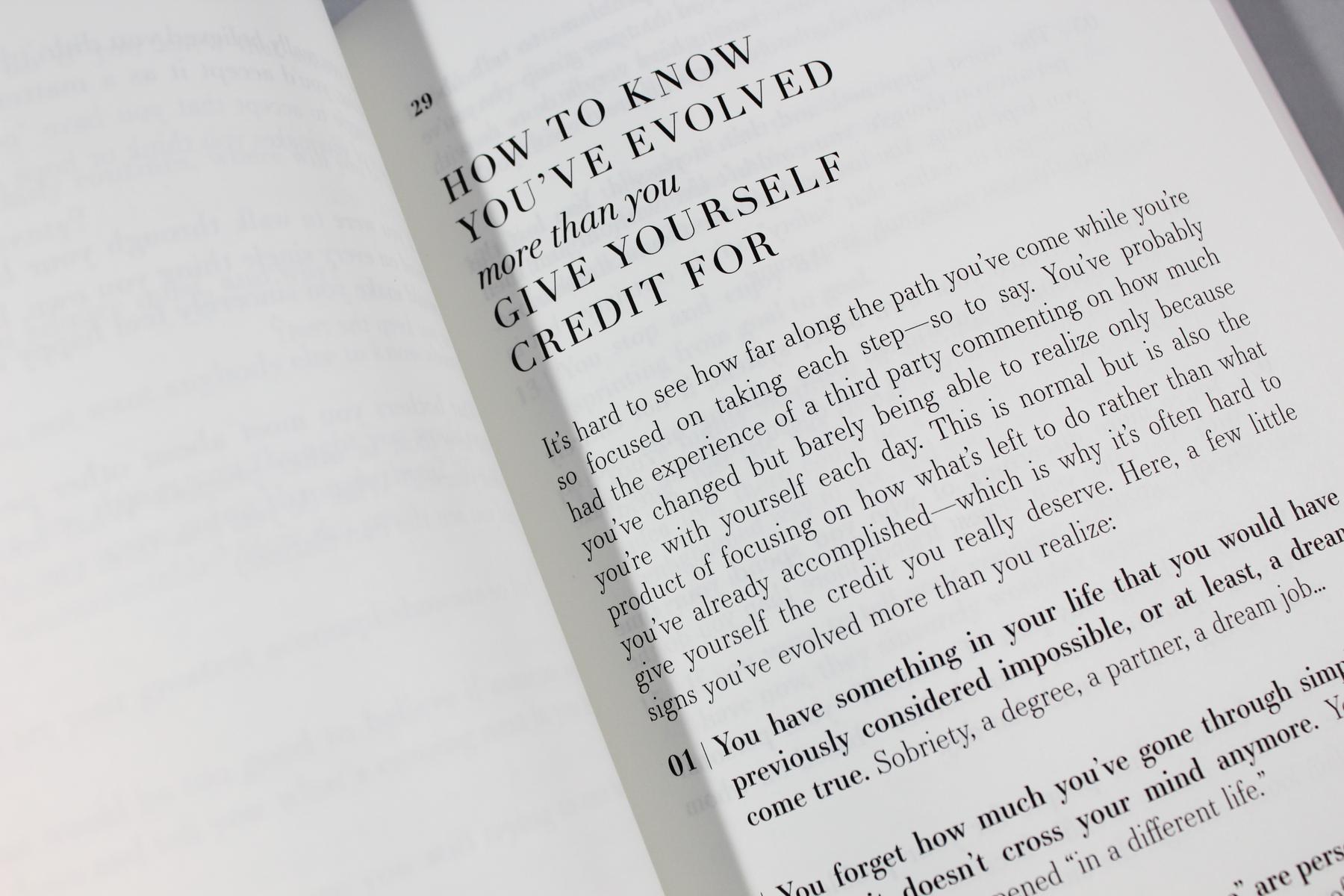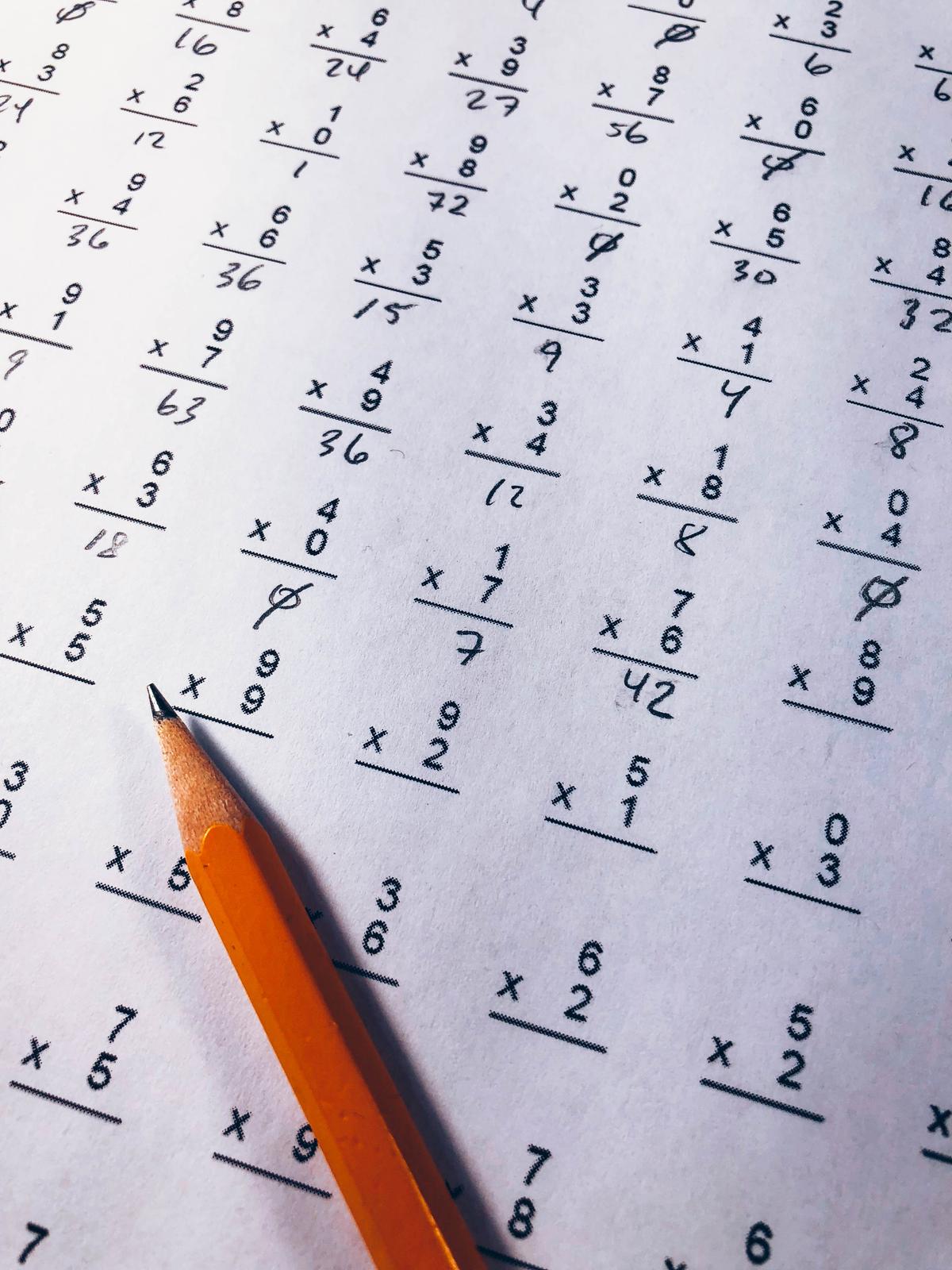Year 10 Subject Offerings

YEAR 10: Choosing your subjects.
There are a number of ‘rules’ for choosing your subjects at Year 10.
- You have to complete English and Mathematics all year (2 semesters)
- You must complete at least 1 semester of: Science, Physical Education and Humanities (you can complete 2 semesters of them if you wish).
- You need to choose 12 units
- The number of ‘units’ in a subject will be in brackets next to the subject name; e.g. English (2).
- Want to study a Unit 1/2 (year 11) subject? It can be done. Look in the Unit 1/2 section - subjects with an * next to their title are available to year 10's, subject to availability and advice from your teachers.
Step 1: Choose your English
It is compulsory to complete a full year of English. You can choose to do English or Advanced English. If you are unsure which one to choose, talk to your English teacher.
ENGLISH (2):
Focus on developing students’ knowledge, understanding, and skills in listening, reading, viewing, speaking, writing, and creating. Learning in English builds on concepts, skills and processes developed in earlier levels. Students engage with a variety of texts for enjoyment. They interpret, create, evaluate, discuss, and respond to a wide range of literary texts as well as texts designed to inform and persuade. Students create a range of imaginative, informative, and persuasive texts, including narratives, performances, discussions, critical analyses, and transformations of texts.
ADVANCED ENGLISH (2):
Utilising the VCE English and Literature study designs, this course looks at developing higher order English skills, including critical passage analysis and developing complexity in responses to the study of text. The course also develops speaking and listening skills as an extension of students’ ability.
Step 2: Choose your Mathematics:
If you are considering doing a University course when you finish Year 12, you MUST check any prerequisites that you will need in order to help you to choose an appropriate mathematics subject.
It is compulsory to complete a full year of mathematics. You can choose to do Work Mathematics, Mathematics, or Advanced Mathematics. If you are unsure about which level to choose, talk to your mathematics teacher.
WORK MATHEMATICS (2):
This subject is designed for students who have struggled with basic number facts; it is not available for students who are just looking for an “easy option”. We aim to work with a smaller group, in a non-threatening environment. There is an expectation that students will work consistently to improve their skill level. This subject only leads on to Foundation Mathematics Unit 1 and 2 in Year 11. Students will need a scientific calculator.
TOPICS: Number skills; Money; Geometry; Measurement; Trigonometry; Research work.
MATHEMATICS (2):
It is anticipated that most Year 10 students will undertake this mathematics subject. Any student who has performed at the expected standard in Year 9 should be able to meet the challenge of this level of mathematics. There is an expectation that students will revise regularly and complete a weekly homework task. This subject leads on to Further Mathematics Unit 1 and 2 in Year 11. A Texas Instrument nSpire CAS calculator is compulsory.
TOPICS: Measurement; Trigonometry; Linear Equations; Statistics; Probability; Circular Geometry; Algebra; Business Mathematics.
ADVANCED MATHEMATICS (2):
This subject is recommended for students who have excellent work habits and enjoy the challenge of mathematics. Students will be extended beyond the normal Year 10 mathematics subject. This subject leads on to Mathematical Methods and Specialist Mathematics Unit 1 and 2 in Year 11. A Texas Instrument nSpire CAS calculator is compulsory.
TOPICS: Measurement; Trigonometry; Linear and Quadratic Equations; Statistics; Probability; Geometry; Algebra.
Step 3: Choose your Science:
You must complete at least one Unit of Science in Year 10.
FULL YEAR SCIENCE (2):
The Year 10 General Science course is designed to give students opportunities to practice critical and creative thinking and scientific problem solving. Students undertake a range of experiments and activities and communicate scientific ideas using correct scientific language. Students undertake two units of study from each of the three main fields of Science. Biological concepts are studied so students understand the structure and function of DNA, inheritance patterns and pedigrees. In the second Biology unit, students develop an understanding of the process of evolution. The first Chemistry unit focuses on understanding The Periodic Table, atomic structure and chemical bonding, with the second unit focusing on explaining chemical reactions. Physical Science is explored through the study of motion, speed and acceleration. In the second Physics unit, students study the concept of electricity, investigate circuits and explore electrical safety.
HALF YEAR SCIENCE Semester 1 (1):
Students undertake one unit of study from each of the three main fields of Science.
- Biology – Students develop an understanding of the structure and function of DNA, inheritance patterns and pedigrees
- Chemistry – Students will learn about The Periodic Table, atomic structure and chemical bonding
- Physics – Students explore the study of motion, speed and acceleration in the ‘Road Science’ topic
HALF YEAR SCIENCE Semester 2 (1):
Students undertake one unit of study from each of the three main fields of Science.
- Biology – Students develop an understanding of the process of evolution
- Chemistry – Students will learn about explaining chemical reactions
- Physics – Students explore the concept of electricity, investigate circuits and explore electrical safety.
BIOLOGY (1):
This subject is designed around inquiry into the structure and function of living things. Throughout the first topic, students will investigate how living things interact with other species and the living and non-living components of their own environment. They will explore different adaptations that plants and animals have developed to increase their survival value over time. The second topic focuses on the immune response of organisms to specific pathogens. Students will explore the nature of the human immune system and the role of vaccinations in providing immunity. Students will undertake a range of practical investigations, assess case studies and participate in fieldwork to help consolidate their understanding of basic Biological concepts.
ENVIRONMENTAL SCIENCE (1):
This subject is designed to teach students about how humans impact the natural world. Students study the Earth’s four main systems – the lithosphere, hydrosphere, biosphere and atmosphere. They examine how events occurring in these systems can affect all systems to support life on Earth. Students learn about pollution and the greenhouse effect and explore emerging opportunities to alleviate and manage the adverse effects for living and non-living things. By the end of this subject, students will understand how to live sustainably and will appreciate the importance of environmental health for future generations, particularly in local contexts.
PSYCHOLOGY (1):
This subject is designed to teach students about the systematic study of thoughts, feelings, and behaviours. Students learn about emotions, mental health, mental illness, the brain, sleep and dreams, and experimentation in Psychology. They will undertake a variety of research into our experiences as humans, and investigate research completed by others in the area. Students will examine emotions, and the complexity of human emotions, and will look at mental health as a continuum which encompasses how we "feel" on a day to day basis, as well as our functionality in society. Students will understand how the brain communicates and interprets our internal and external environment, and how it is possible to apply scientific methods to learn about conscious behaviour.
Step 4: Choose your PE:
You must complete at least ONE PE subject. If you would like to complete a full year of PE, then you can pick ‘Lifesaving and Coaching’ OR ‘Training and Coaching’; and ‘Biomechanics and Mental Health’.
LIFE SAVING AND COACHING (1):
Life Saving:
This course will enhance your personal survival skills while providing you with the knowledge and skills to develop the level of judgement, technique and physical ability required to safely carry out water rescues.
Coaching:
This topic of study will focus on students working as a group to plan, implement and reflect on coaching primary aged students in a sport of their choice.
Students will learn how to modify games through rules, equipment and court/field sizes to best suit the age demographic of their participants. Students will also learn about factors of skill development and coaching styles.
TRAINING AND COACHING (1):
Training:
This topic of study will focus the roles of the different body systems, interplay of energy systems, physical activity in relation to duration and intensity, foods for fuel production, muscular fatigue mechanisms and the recovery of an athlete during and post exercise.
This course will develop your understanding of how an athlete’s body works to perform at their optimum level and the factors that act as a barrier to achieving these levels.
Coaching:
This topic of study will focus on students working as a group to plan, implement and reflect on coaching primary aged students in a sport of their choice.
Students will learn how to modify games through rules, equipment and court/field sizes to best suit the age demographic of their participants. Students will also learn about factors of skill development and coaching styles.
BIOMECHANICS AND MENTAL HEALTH (1):
Biomechanics:
This topic of study will focus on the factors (biomechanical principles) that allow an athlete to perform particular skills. Students will gain an understanding of how changes in equipment have improved major sports and world records. They will also develop a knowledge base of linear motion, angular motion, motion through air and water, force production and principles of equilibrium.
Mental Health:
This topic of study will develop students’ understanding of the difference between mental health and mental illness and to understand that an individual’s mental health sits along a continuum.
A major focus of this unit is for students to be able to distinguish the facts about stress, anxiety and depression and then look at the relationship that these have with one another.
Most importantly, students will learn strategies to promote their own mental health with skills they can continue to develop throughout their lives.
Step 5: Choose your Humanities
You must complete at least ONE semester of humanities in Year 10. The following are the Humanities electives offered for Year 10, 2020. You can choose as many of these electives as you can fit!
LIVES MATTER (1):
Students study major historical events that have helped shape Australian society and strengthened our relationships with other nations around the globe; World War One and World War Two, and the Rights and Freedoms Movement. Students discover what caused the World Wars to erupt, and why Australia decided to become involved. Students use film and text to uncover different perspectives of these Wars and the impact they had upon millions of people. Students analyse the importance of the Universal Declaration of Human Rights, and learn about rights movements and the impact that this has had on Indigenous culture and Australian society.
REBELS AND REJECTS (1):
Students study two major global influences that have shaped Australian society. Firstly, they examine the development of popular culture in Australia and how post World War II affected popular culture in Australia, including music, fashion and sport. They use historical sources to compare and contrast generational perspectives on rock ’n’ roll. Students evaluate the historical significance of an Australian sportsperson of their choice. Secondly, students explore the multiple waves of migration to Australia and the origin of the White Australia Policy. They employ historical sources to examine the changing attitude of the 60’s, 70’s and 80’s to the arrival of migrants. Students analyse the causes and conditions that led to increased migration to Australia.
SOCIAL ENTERPRISE (1):
Students learn about the concept of social enterprise: the business model where profits from the sale of goods go towards a charity or to a specific group of people in order to raise their standard of living; or where the business itself serves a need in a community.
Students learn about the concept of community, in primarily the local sense, but also the global sense and how global citizenship has come about.
Students will then identify a need in the local community. They will design a business to either produce or market goods to return money to that need or design a business that meets that need directly. This elective is a good basis for VCE Business Management
GOVERNMENT AND SOCIETY (1):
Students will review and revise the democratic process in Australia. They will compare and contrast the systems of government in other countries. They will learn about the political parties in Australia as part of the global political spectrum and concepts of left and right wing politics. They will engage in political debate on historical events and current affairs. Students will learn about how pressure groups influence public opinion and parliamentary processes, whether they are unions or environmental groups. This elective is a good basis for VCE Sociology and Legal Studies.
Step 6: Choose your electives
This is your chance to include other subjects that you might like to try. You may choose subjects that you like, subjects that relate to your chosen career, or subjects that you would like to try out in preparation for Year 11.
Most of the remaining electives are semester based – 1 unit, with the exception of VET subjects, which are full year - (2 units).
Remember that the TOTAL number of units you can pick is 12.
It is a good idea to count how many core units you have already chosen so that you know how many electives you can pick:
e.g. English (2); Advanced Mathematics (2); Science (2); Lifesaving (1); Biomechanics (1); Rebels and Rejects (1) – 9 Units ….. meaning I can chose 3 electives.
Vocational Education and Training subjects have (VET) in their title, with a complete description in the VET Subjects section.
Unit 1/2 subjects with an * in the Unit 1/2 section are also available, based on suitability.
The electives are in alphabetical order:
APPLIED FASHION DESIGN AND TECHNOLOGY (2) - CERTIFICATE II (VET)
This Nationally Accredited Certificate provides students with the knowledge and skills to enhance their employment prospects in the fashion design and textile production industries. Students develop skills used in the design and production of garments and millinery, as well as in the development of unique fashion and textile designs.
This is a two year VCE program and will potentially contribute to your ATAR at the end of Year 12.
Please see full details in the VET Subjects Section.
ART (1):
This unit focuses on the development of practical art skills and technical processes, using a variety of media, plus art appreciation, criticism and analysis. Students study selected artworks of different media; develop a personal sketchbook diary showing their development of ideas and trials; complete a series of exercises in art appreciation, criticism, and analysis; and develop a personal expression.
BUSINESS (2) - CERTIFICATE II in WORKPLACE SKILLS (VET)
This Nationally Accredited Certificate provides students with the knowledge, skills and competency that will enhance their training and employment prospects within a broad range of business and industry settings. It will enable participants to gain a recognised credential and make an informed choice of vocation or career path.
Please see full details in the VET Subjects Section.
DANCE (1):
Students explore personal movement style while combining the elements of dance and choreographic devices to develop movement possibilities. They learn and perform style specific choreography communicating the choreographer’s intent. Students refine their technical and expressive skills in dance and explore safe dance practice. They analyse a range of dances and evaluate choreography and performance.
DRAMA (1):
Drama explores the role of performance in particular traditions, times in history and cultures, as well as in contemporary drama and theatre. The knowledge of styles and conventions gained from this exploration is then incorporated into students’ dramatic works. Students analyse live theatre performances and use reviews to assist in the interpretation of plays. They design, construct, and experiment with sets, costumes, and properties in their own presentations.
FOOD (1):
Throughout the semester, students will explore a range of topics through theory and practical classes to prepare them for VCE Food Studies and careers that lead into the hospitality industry.
They will be required to focus on food handling, hygiene and safety issues, importance of nutrition, effective work practices, and the science of food.
Students will develop skills by following the design process to plan, produce, serve and evaluate nutritious meals that cater for a variety of hospitality settings.
As part of this program students will have the opportunity to undertake accredited training in SITXFSA001 Use Hygienic Practices for Food Safety and SITHFAB005 Prepare and Serve Espresso Coffee (Barista) (the cost of these accredited courses will be approximately $120 TBC) These courses provide nationally recognised certificates accepted in the hospitality and retail industries.
HOSPITALITY (KITCHEN OPERATIONS) (2) - CERTIFICATE II (VET)
This Nationally Accredited Certificate provides students with an overview of the dynamic hospitality industry. The basic knowledge and skills developed in the fully functioning kitchen focuses on preparing, cooking and plating food, during the completion of this study you will receive a Food Handlers Certificate.
This is a two year VCE program and will potentially contribute to your ATAR at the end of Year 12.
Please see full details in the VET Subjects Section.
INFORMATION, DIGITAL MEDIA & TECHNOLOGY (2) - CERTIFICATE II / CERTIFICATE III (PARTIAL COMPLETION) (VET)
This Nationally Accredited Certificate provides students with the knowledge, skills and competency that will enhance their training and employment prospects in the information and communications technology and related industries.
This is a two year VCE program and will potentially contribute to your ATAR at the end of Year 12.
Please see full details in the VET Subjects Section.
INFORMATION TECHNOLOGY (1):
The aim is to understand more about the use of computers in society and to further develop personal and employable computer skills. Students experience a variety of software packages, which have been selected to develop a range of skills. The course is a useful introduction to VCE Applied Computing Units 1 and 2 .
MEDIA (1):
Media is a great preparation for VCE Media. We will start the semester with film studies of popular superhero films ‘Black Panther’ and ‘Wonder Woman’ to investigate how the themes of race and gender are represented. Students can then work individually or in groups to develop a related media product, such as a short film or video game, that represents identified features of the superhero genre. Following our film studies students learn about varied techniques that media producers use to portray their version of the truth. This will involve the analysis of varied television and film texts, including the works of Louis Theroux and Michael Moore. A popular ending to this subject has involved students merging established documentary styles with comedic elements to create a mockumentary about a very rare and exotic creature, commonly known as ‘the Teenager’.
MUSIC (1):
This subject aims to provide students with the opportunity to expand their practical playing skills and theoretical knowledge, and to gain knowledge in various areas of the music industry providing a pathway to VCE or VET music studies. This includes recording of performances and the use of other forms of music technology. The evolution of music styles throughout the ages to today is also included. Students are strongly encouraged to be learning a musical instrument and participate in instrumental lessons.
MUSIC INDUSTRY (2) - CERTIFICATE III (VET)
This Nationally Accredited Certificate provide students with the knowledge, skills, and competency that will enhance their employment prospects in the music and creative arts industries. It will also enable participants to gain a recognised credential and to make an informed choice of vocation or career path.
This is a two year VCE program and will potentially contribute to your ATAR at the end of Year 12.
Please see full details in the VET Subjects Section.
TEXTILES
Year 10 Textiles prepares you for VCE Product Design and Technology -Textiles. You will follow the design process and work with a client to design and produce a garment or textiles product to meet the client’s needs. You will develop a deeper understanding of fashion illustration, mood boards, pattern drafting, production plans and will evaluate the quality of your finished garment or textiles product. Your will be required to present in a folio. This subject also explores sustainable, ethical, environmental and economic issues within the Fashion and Textiles Industries and you will be required to write a report on some solutions for these problems.
VISUAL COMMUNICATION AND DESIGN (1):
Students develop an individual approach and style in their work by refining their skills in the areas of symbology, orthographic and pictorial drawing, technology use, and illustration. They will be expected to keep a neat resource file, a folio of designs, and computer works. Projects will be given in the areas of information: Visual Communication; Environmental and Product Design; and Analysis of VCD. Students will be required to complete a series of tasks using ‘Illustrator’ and ‘Photo Shop’.
WOOD (1):
Throughout the semester, students will explore a range of topics through theory and practical classes to prepare them for VCE Product Design and Technology and careers that lead into the construction industry.
Students follow the design process to produce products to meet clients needs. Students gain an understanding of design concepts, fashion trends, and factors that influence a successful design concept and safe work practices when using a variety of machinery and tools.
As part of this program students will have the opportunity to undertake accredited training in CPCCWHS1001 Prepare to Work Safety in the Construction Industry ("White Card") (the cost of this accredited course will be $100). This course is a requirement to work in the construction industry.







